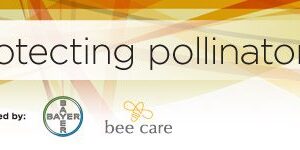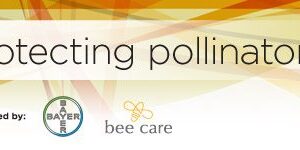A genetic test that can prevent the spread of “killer” bees has been created by researchers at the University of Sydney in Australia and collaborators at York University in Canada.
“Having a tool that can identify desirable and undesirable bee subspecies will be of value to breeding and conservation programs throughout the world,” says Nadine Chapman from the School of Biological Sciences at the University of Sydney. “Pollination of crops by honeybees adds many billions of dollars to the world economy, so any strategy that can prevent losses is an important contribution to food security.”
Working with researchers at York University and USDA’s Agricultural Research Council in South Africa, the team developed a test that identifies how much of three main ancestral lineages — Eastern European, Western European and African — are present. To lower the risk of killer bees coming to Australia, those with high African ancestry will be denied entry.
“Using this test, Australia will be able to import honeybees, including Varroa-resistant bees, from countries where killer bees are present, including the United States,” Chapman explains.
The looming threat to Australian honeybees comes from the Varroa mite, present in all bee-keeping countries except Australia. It devastates colonies by sucking bees’ blood and spreading blood-borne diseases.
Sydney researchers, working with the United States Department of Agriculture, previously found that no Australian honeybees have resistance to the mite and it could destroy bee stocks within a couple of years. “The answer is to import Varroa-resistant bee semen and queen bees so we can breed resistance into our bee stocks as a form of ‘inoculation’ that could protect our bees,” Chapman explains. “Until now this option has been restricted because Australian beekeepers are only able to import bees from the small number of countries that are free of ‘killer bees’, which originated in Africa.
“As the name implies, killer bees, (as African bees are commonly called), are highly aggressive and are considered unacceptable for beekeeping. It is assumed that they would replace our current honeybee populations in the key beekeeping regions.”
New York University associate professor Amro Zayed says, “our genetic test is highly accurate, which is considerably better than the old tests that have a high tendency to misclassify hybrid bees.”
Chapman is now working to make the genetic test more affordable and plans to work with the USDA to develop a protocol for the importation of Varroa-resistant bees.












